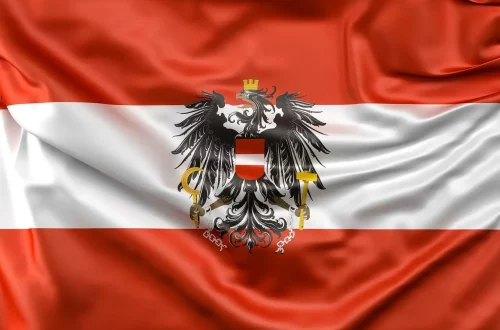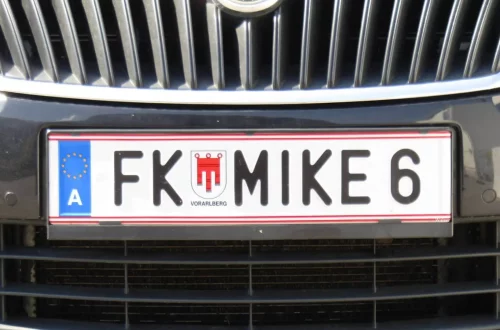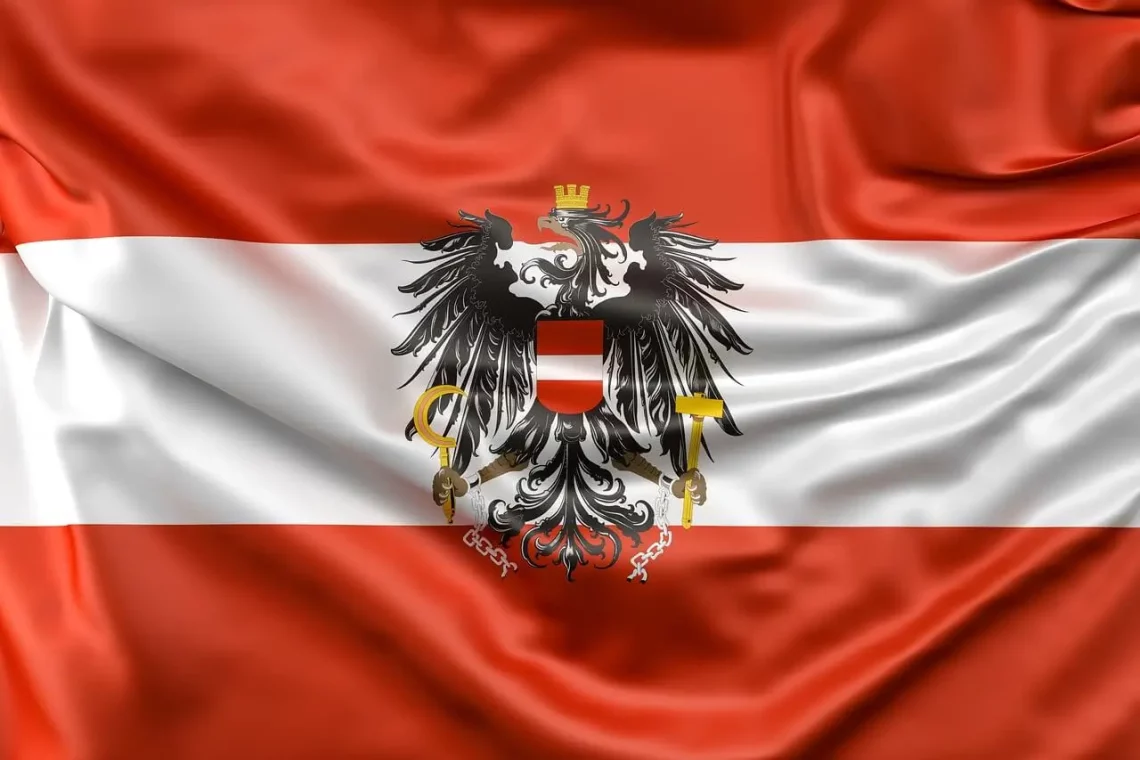Knowledge Base
-
Austrian Metal Marks
In the world of jewelry, silverware, and valuables, hallmarks play a crucial role, providing authentic information about the precious metal content and origin of objects. In Austria, the hallmarking system is subject to strict regulations, which make the precious metal product market transparent and secure. What is a Hallmark? A hallmark (in German: Punze or Feingehaltsstempel) is a stamp applied to jewelry or other precious metal objects that provides information about the fineness, or purity, of the precious metal. The numerical value in the hallmark expresses in per mille (‰) the proportion of the specified precious metal in the item. For example, “585” means that the object contains 58.5% gold.…
-
Austrian Mandatory Vehicle Liability Insurance (Motor Vehicle Liability Insurance) and the Bonus-Malus System
In Austria, all vehicles participating in traffic must have mandatory liability insurance that covers the damages caused. In accordance with Austrian legal regulations, every vehicle owner must ensure the presence of liability insurance. This insurance primarily covers damages caused to third parties while driving a vehicle, whether material or personal injury. Since every perpetrator is liable with their entire assets for damages, the existence of insurance is of paramount importance. Minimum Coverage Amount The minimum coverage amount ensures that adequate compensation is available even in the case of more serious accidents. Some insurers may offer higher amounts, which can provide additional security for larger claims, such as a mass accident…
-
Austrian Child Care Allowance
The childcare allowance available to families living in Austria, known as Kinderbetreuungsgeld (KBG – also referred to as Austrian GYES by Hungarians), provides significant support to parents during their child’s first years. This benefit can be accessed in various forms, adapting to the needs and life situations of families. Below, we will detail the Kinderbetreuungsgeld system, its conditions, and application methods. What is Kinderbetreuungsgeld? Kinderbetreuungsgeld is a support provided by Austrian social security that parents can claim after the birth of a child. The purpose of the support is to provide financial security to parents during the child-rearing period and to enable one parent to stay home with the child…
-
Austrian Family Allowance – Familienbeihilfe Information and 2025 Amounts
In Austria, parents raising children, regardless of their employment or income, are entitled to family allowance. Until what age is Austrian family allowance provided? By default, family allowance is provided until the child is 19 years old. If the child is still studying (higher education, vocational training, further education, etc.), it is provided until a maximum of 24 years of age. The child’s income does not count until the age of 19; from 20 years old, their total taxable income must not exceed 15,000 euros per year. What is considered taxable income for family allowance purposes is detailed in separate regulations. Family allowance cannot be withdrawn in cash, but can…
-
Austrian Holidays and School Breaks 2025
In this post, you will find the list of holidays and school breaks in Austria for 2025. After the national holidays, you can also see local holidays by province and school breaks. Austria Holidays in 2025 Below you will find the list of holidays in Austria for the year 2025: Semester Break 2025 The Semesterferien, or semester break, is a short rest period in Austrian schools and universities, typically occurring in February. This break provides students and teachers with an opportunity to rest after completing the first half of the school year, before starting the second semester. The duration varies, with different regions beginning and ending on different days. In…
-
Church Tax in Austria
Church tax, also known as church contribution, is an important financial obligation for members of Austrian Catholic and Protestant churches. The purpose of this tax is to support church operations, including social programs, property maintenance, and other church services. The Church Tax in Austria has a long history, dating back to the time of the Habsburg Empire. Churches have always played an important role in social life, and through taxation, they ensured that the necessary resources were available for their activities. Based on agreements between the Austrian state and churches, the taxation system has been refined over the years, adapting to changing social and economic circumstances. Who is obligated to…
-
Registration Certificate – Residence Permit in Austria?
Attention! The Anmeldebescheinigung is not equivalent to a residence permit in Austria, but this term has been adopted into Hungarian common language, so we also use this expression in the title. You can find more detailed information about this in the article. EU, EEA, and Swiss citizens who are entitled to stay in Austria for more than three months under EU law receive an Anmeldebescheinigung, or “registration certificate” from the Austrian state. This permit is not automatic and must be applied for. The application must be submitted within four months of entering Austria. After five years of legal and continuous residence, one can acquire the right to a “Daueraufenthalt”, or…
-
Health Insurance in Austria
In Austria, the legal health insurance covers almost the entire population (99.9 percent). This system provides comprehensive protection for insured individuals and their dependents in case of illness. Currently in Austria, the following insurance companies operate, which cannot be chosen but are organized based on occupations, and thus the insurance is allocated to the specific person to be insured: Healthcare Healthcare must be sufficient and appropriate in accordance with legal regulations, but must not exceed the necessary extent. Legal entitlement to services – regardless of the level of health insurance contribution – includes the use of in-kind benefits from contracted physicians, in the insurers’ own institutions or contracted institutions (hospitals)…
-
Income Tax in Austria in 2025
The Austrian income tax (Einkommensteuer) is calculated using a progressive system with multiple tax brackets. The tax is determined annually, and every natural person with a registered residence in Austria is obligated to pay it, provided that a tax liability arises based on their annual income. Every natural person who has a residence in Austria is subject to income tax. By income, we mean the total amount of all revenue, reduced by special expenses, extraordinary burdens, and deductions for children. The tax rate is determined based on the income tax return. 2025 Income Tax Rates In 2025, the tax-free threshold increased again to 13,308 euros. The income tax rates for…
-
Austrian VAT – Value Added Tax
In Austria, the value-added tax (VAT, Mehrwertsteuer) system applies multiple tax rates to different products and services. The most important tax rates are the 20% standard tax rate, as well as the 10% and 13% reduced tax rates. In this article, we will review in which cases these reduced rates can be applied and what conditions apply to them. Standard Tax Rate: 20% The 20% standard tax rate applies to most products and services in Austria. This is the standard tax rate that is used by default, unless the law provides otherwise. Preferential Tax Rates: 10% and 13% 10% Discounted Tax Rate: Accommodation Service: Accommodation services in furnished living and…

















